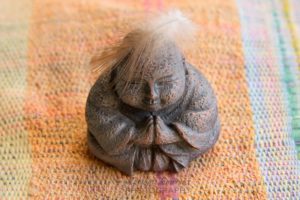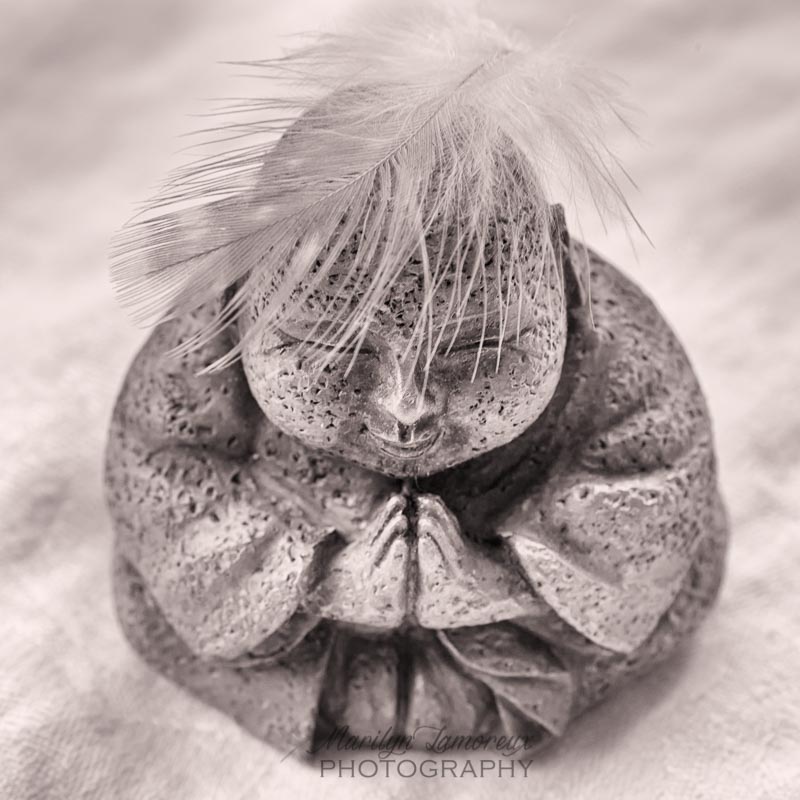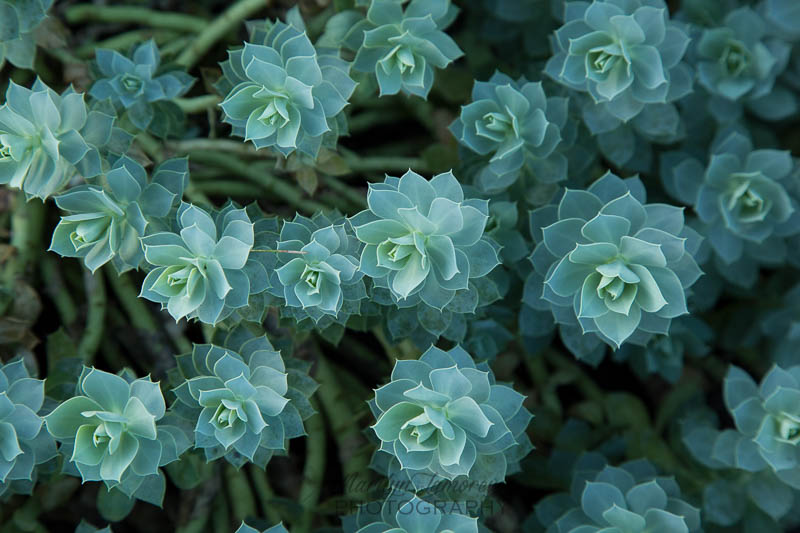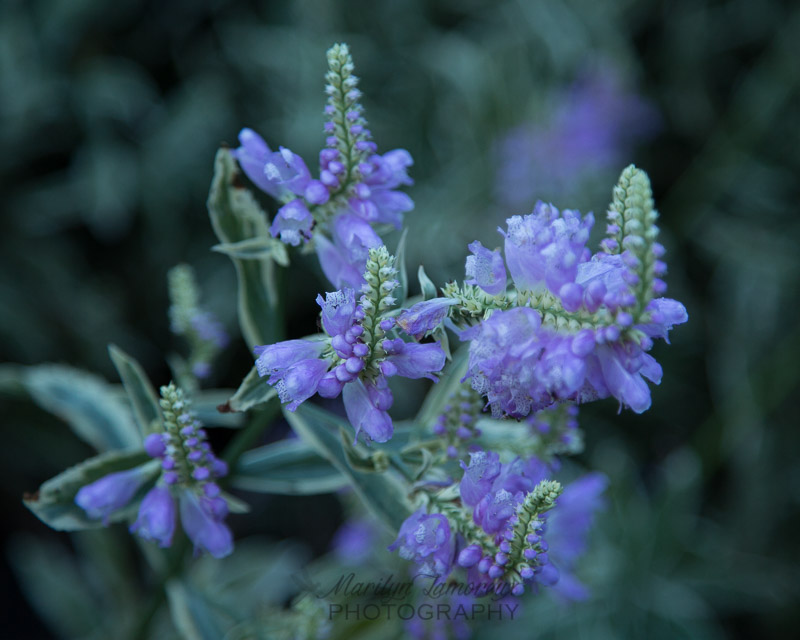How are you?
If you’re like me (and most people) you will answer “Fine,” whether you are fine or not. Occasionally I will answer, “Terrific!” when I’m feeling great, but I almost never say, “I’m feeling a little sad today,” or “I’m in a lot of pain today.”
It’s the open secret in which we all participate.
I often think, no one wants to hear about my difficulties and most often others must think the same way because, “Fine” is the most frequent answer I hear to the question, “How are you?”
The Difficulty of Being Human
In several of his poems Rumi speaks of the Open Secret. He says that each one of us is trying to hide a secret—not a terrible secret, but a more subtle one. It is the difficulty of being human.
Things happen—some are minor, some are major—but no one is exempt from sorrow and pain.
Yet there is a low tolerance for hearing about our friends’ or acquaintances’ difficulties. Usually people don’t tell you how they actually are and when they do it’s far too easy to think, “Get over it,” deny it, or push it away.
Imagine going to your corporate job and when your boss asks you how you are, you really tell him (or her). Or when a friend calls and asks you, “How are you doing?” you actually tell her.
Scary, isn’t it? Yet we all have difficult times. Some are easier to talk about than others.
The other morning I woke up with a sore spot in my upper back.
I went to bed feeling fine and woke up with a sharp localized spot under my shoulder blade that hurt constantly. Turning to look behind me was cringe-worthy and even when I sat in a comfortable well-supported position in a chair, it still hurt.
It seems unfair that just when I finally am recovering from months of chronic pain and working on recovering my strength and stamina this kink popped up. I could understand it if I had done something to cause the pain but just waking up with it seems perverse.
However in my heart of hearts I know it is just a part of the difficulty of being human.
Things happen.
I usually don’t get to understand the reasons why things happen. And even when someone else’s life looks better on the outside there is no telling what is really going on inside that person’s life.
Recently in a women’s group I am a part of I have been surprised again and again at how women that I always thought of as much more together than I am, struggle with many of the same issues I struggle with. My sense of being alone or different has lessened and I feel strengthened to know that others who look to me like they’ve got it all together have their own issues much like my issues. I feel more real and accept myself as I am more than I used to, all because I’ve seen behind the mask that most of us wear.
Unconsciously Comparing Myself to Externals
Last week I was reminded again to not judge by appearance. There was a new woman at yoga class. She was medium height, very slender, tan, middle-aged or older but aging beautifully. I envied her slender body, dark tan, beautiful face and hair, and chic yoga clothes, although I wasn’t even consciously aware I was thinking these thoughts until later.
After class as we were chatting she told me that she had lost her son a few years ago and had been having a very hard time since then “holding it together.” Suddenly I realized all of the unconscious perceptions I had been holding about her and how I had felt separate, different, and less together simply because of the way she looked compared to the way I see myself. After hearing a small part of her story I was able to let go of my sense of being different and embrace our common humanity. I could simply hold kind regard for her as a person muddling through life as best she can.
I could also hold kind thoughts for myself and my own meandering journey through life.
This is a lesson I hope to hang onto and remember. We all participate in the Open Secret of hiding difficult or challenging parts of what’s going on in our lives. We all make assumptions about others based on what we see, now what necessarily is.
Accepting myself with all of my gifts and imperfections means that I learn to treat myself with a balance of clear-sightedness and compassion even when it sometimes appears to me that other people are much more together than I think I am.
Self-compassion Practice
In True Refuge, Tara Brach describes 3 elements of self-compassion that I find helpful to remember:
- mindfulness
- common humanity
- kindness
She suggests when things get difficult you take a self-compassion break. First sit with your eyes closed and become aware of your breathing. Then think about whatever is causing you pain or discomfort. Think to yourself, “This is hard.”
This is the mindfulness element.
After you sit with the discomfort for awhile remind yourself, “This feeling difficult is part of what it means to be human.”
This is the common humanity part.
Finally say to yourself, “May I be kind to myself.” This is the kindness element.
What helps you stay present and embrace the difficulty of being human?
May you walk in beauty. May you be kind to yourself.
Most photos in this post are from recent still life play and a sunset trip to Norenberg Gardens overlooking Lake Minnetonka.














0 Comments